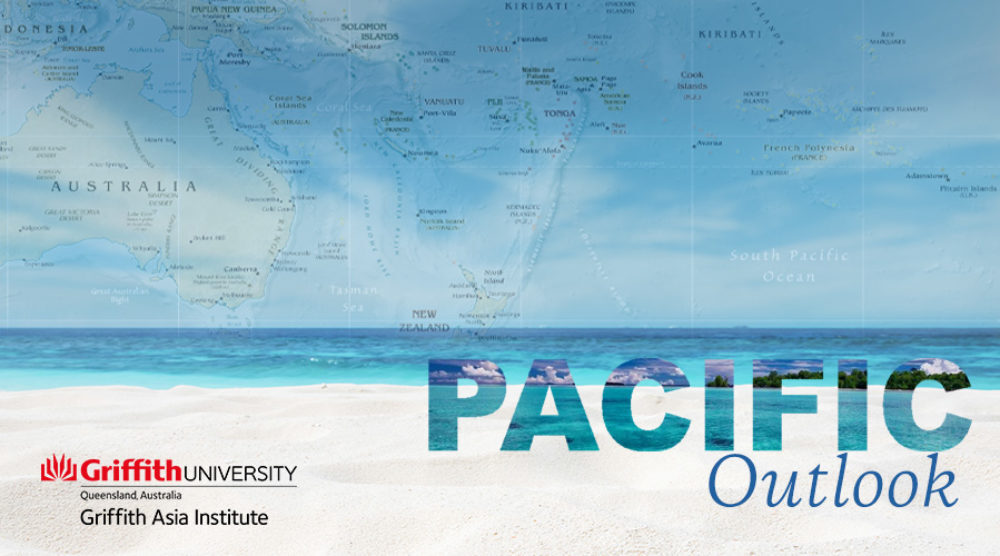TESS NEWTON CAIN |
Pacific delegations commence work in Glasgow
Although the number of delegations attending COP26 from the Pacific is smaller than might have been hoped, negotiators and observers are making their way to Glasgow and commencing work. Some countries will be participating online from their capitals in the Pacific.
Pacific delegations will be making use of their abilities to build and sustain coalitions of trust and ambition. This allows them to have their voices amplified through groupings such as the Alliance of Small Island States (AOSIS) and the G77 group.
Civil society actors are also making their presence felt. They include the newly formed “Pacific Elders’ Voice” who have called for a new Marshall Plan. They have called on the G20 to commit to the elimination of fossil fuel subsidies by 2025. In addition, they call on COP26 to finalise the Paris Agreement rule book and ensure that the “1.5 degrees” target is achieved.
First COVID-19 case arrives in Tonga
Tonga’s status as COVID-free has ended. The country’s first case was confirmed last week in relation to an incoming passenger from Christchurch on a repatriation flight. The person in question was fully vaccinated and had returned a negative test prior to leaving New Zealand.
The official response has been somewhat confusing. On Friday, the Prime Minister said that the country should prepare for lockdown after the weekend. This prompted some panic buying and confusion in the community.
On Monday it was confirmed that there were now 300 people in quarantine. They included all the frontline workers who had come into contact with the positive case. A lockdown was announced for the main island of Tongatapu to last for five days.
The arrival of the first positive COVID-19 case into Tonga has seen an uptick in people getting vaccinated.
Regional Kava Conference hears more on Australian pilot project
A regional kava conference has heard more on how an Australian pilot importation project will operate.
The information was provided by the Office of Drug Control (ODC). This agency will issue permits to those who want to import kava during the trial period.
The pilot will commence in December and will run for two years. The program will be monitored for impacts in Australian communities.
Those who wish to take part in the pilot are required to be a registered business in Australia and will need to obtain a licence from the ODC. The licence is free and there will be no caps on how much kava can be imported either at one time or during the period of the pilot.
Meanwhile, the Pacific Islands Forum Secretariat is leading work on developing a regional kava strategy to be presented to the next meeting of the Forum Trade Ministers.
COVID-19 related disorder and violence in PNG
Attempts to address the COVID-19 crisis in Papua New Guinea are being undermined by disorder and violence.
There have been demonstrations against mandatory vaccines in Lae and other parts of the country. This is despite the fact that the government has not made it mandatory for people to be vaccinated. However, several employers have adopted a ‘no jab, no job’ policy which has caused concern to some.
Prime Minister Marape warned people that some of those organising these protests were using them as a way of pushing political agendas. PNG will have national elections in 2022.
There have also been reports that health teams have been harassed and intimidated when they have been visiting communities to provide access to vaccinations. There are concerns that this will lead to health workers refusing to be part of these outreach teams. This will further undermine the already beleaguered vaccination rollout.
Tess Newton Cain is an Adjunct Associate Professor at the Griffith Asia Institute and project lead of the Pacific Hub.








